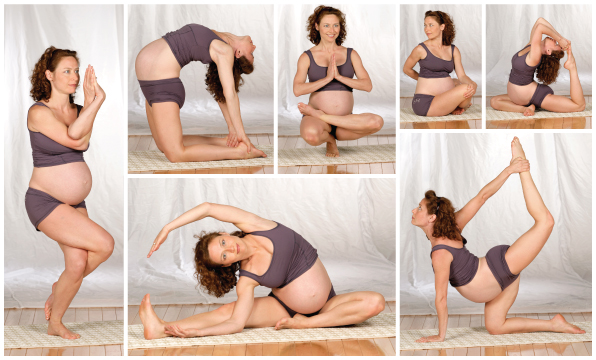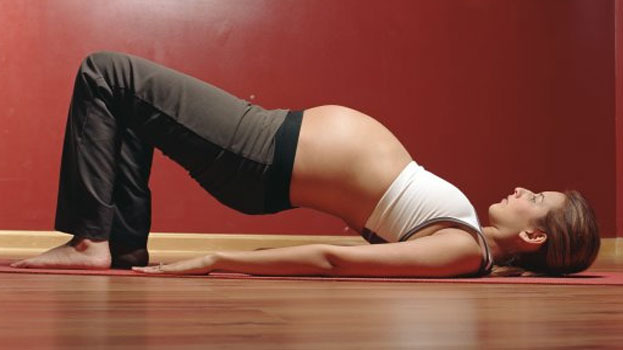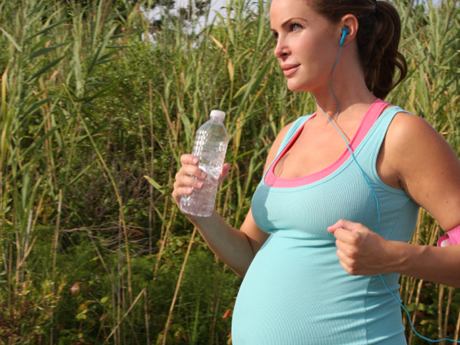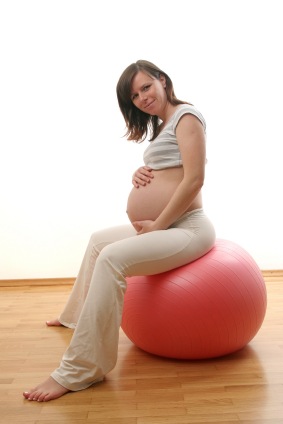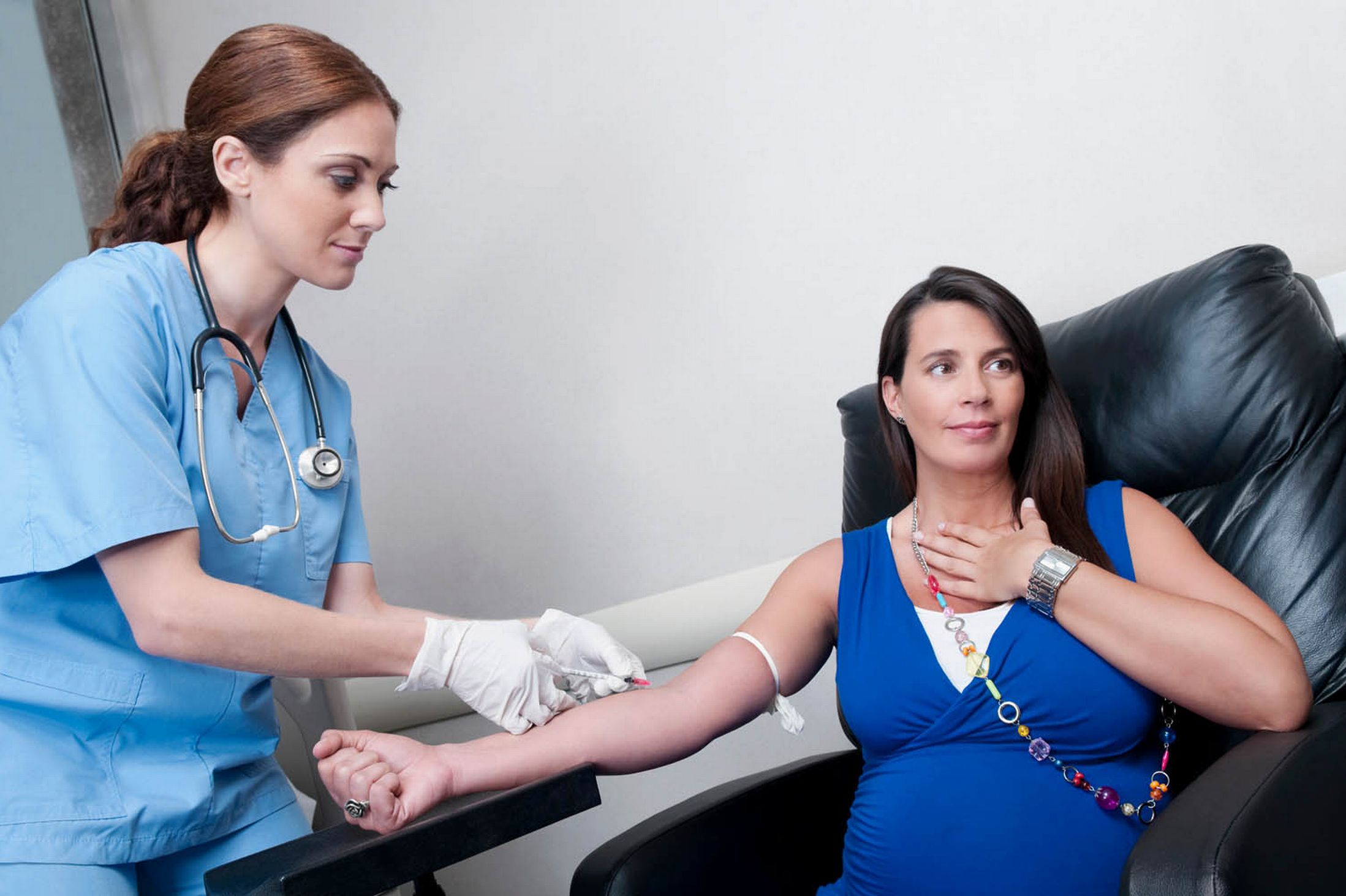In this blog, you will find helpful tips about top ten rules of safe pregnancy exercise. Find out first the safety precautions to take before taking or following any pregnancy exercises.
- ALWAYS check with your doctor or healthcare provider before starting any exercise or exercise program. You have probably exercised before and feel you can do everything you used to do before you became pregnant, but this isn’t always the case. If you exercised regularly before getting pregnant, you can probably continue with your routine with a few changes outlined below. If you haven’t exercised much the past few months, please check out our exercise for beginners guide.
- Wear the proper clothing when doing any physical activities. You should wear comfortable, loose fitting, breathable workout clothes. It is a good idea to dress in layers making it easier to remove clothing once you feel you’ve warmed up. Make sure your bra gives enough support and be sure to wear properly fitting comfortable athletic shoes. You may have to purchase a new pair of training shoes if your feet have experienced mild swelling.
- Warming up is an integral part of your exercise routine. Slowly raise your heart rate and stretch your muscles. This is important because you could strain or tear your muscles or ligaments or experience post-workout soreness. You certainly don’t want to be adding any more aches or pains.
- Drinking plenty of water will ensure you won’t become dehydrated during or after your workout. Be sure to drink at least 1 glass before your routine, at least 1 glass or bottle during your routine and at least 1 glass or bottle once you have finished. If the weather is hotter or more humid, be sure to drink more.
- You don’t want to get overheated. Be sure to avoid getting too hot or sweaty. You don’t want to raise your core temperature more than 102 degrees for longer than 10 minutes. This may harm your baby especially during your first trimester. Be careful as you may overheat quicker than you would normally. If you feel yourself feeling too warm, dizzy or with shortness of breath, stop exercising immediately and do something to cool down such as take off some layers of clothes or find a cooler area to relax. A cool shower is very effective as well. Be sure to drink plenty of water or nourishing fluids.
- Don’t stand in one place for a long time, keep moving even when you need a bit of a rest. This prevents decreasing blood flow to the uterus and may cause blood to stay in your legs and make you dizzy. Walk around or keep changing positions helps in this area.
- Avoid lying flat on your back especially after the first trimester. This may reduce blood flow to your heart as well as limit blood flow to your brain and your uterus, making you short of breath or dizzy. You may feel no discomfort but it does put pressure on your vena cava vein. A way around this is to use a pillow under your right buttock or hip.
- Be sure to take in extra calories. As you exercise, you burn calories and will need to replace these calories for yourself and your baby’s sake. Weight gain is naturally and definitely needed during pregnancy, so don’t make it your goal to try to lose the weight you are gaining. Check with your doctor regarding your weight gain/loss and guage your workouts accordingly.
- Avoid any kind of contact or dangerous sports. You may be a pro on horseback, maybe an expert mountain climber or other high-risk activities, but these don’t belong in your exercise routine during these 9 months. Save these for after your pregnancy and stay with something a bit more safe and less dangerous.
- Cool down properly after your workout. It is a good idea to have 10 minutes to walk around or do some stretching to allow your body and heart rate to reduce and get back to normal. This is also good advice to prevent sore or aching muscles.
For more safe pregnancy exercise tips, visit our website here.
[lamoud_Pregnancy_Calculator]My content[lamoud_Pregnancy_Calculator]

